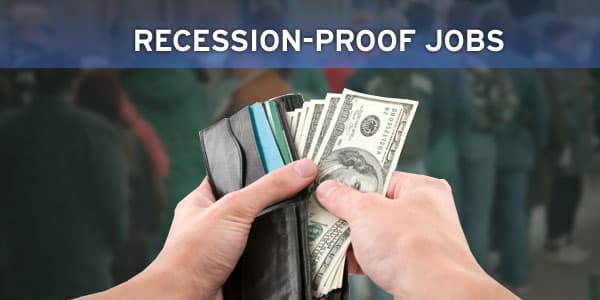For many Americans, the current recession is their first brush with unemployment.
Beyond the uncertainty over how long they’ll be looking for work, the newly jobless face a host of new questions over how to navigate a system of unemployment insurance benefits they may have helped fund during their career but know little about.
What happens if you land part-time work while collecting benefits? What if your employer challenges your claim? Do you even qualify?
“When people lose their jobs they’re not quite themselves and it can be hard to stay focused on all the right issues because there’s so much coming at them all at once,” says Patricia Sigman, a labor and employment attorney with Sigman & Sigman PA in Altamonte Springs, Fla., who is juggling a sudden surge of unemployment claims cases.
"Even highly organized individuals can have a hard time organizing their thoughts and paperwork in this stressful situation," she adds.
Fortunately, the process of filing for unemployment is becoming far more streamlined, requiring little more than a phone call or online application in many states.
At the same time, Pres. Obama’s $787 billion stimulus bill just extended the number of weeks Americans can file for unemployment benefits and pumped more money into the system, granting eligible recipients an extra $25 per week.
Here’s how to get what’s coming to you—and how to avoid the biggest mistakes.
Eligibility
First, the rules.
Each state administers its own jobless program, operating under federal guidelines, and each has its own laws for determining eligibility as well as benefit amounts and duration.
A list of contacts for unemployment agencies in all 50 states, plus Puerto Rico and the U.S. Virgin Islands, is available online.
By and large, though, you will only be able to collect unemployment if you lost your job through no fault of your own.
If you quit because you didn’t like your boss, you’re out of luck – though agencies do make an exception if you can prove you had “good cause” for walking away. Normally, that includes things like unsafe working conditions or the employer’s failure to follow wage-and-hour laws, but the burden is on you to make your case.
You must also be actively seeking work by making reasonable efforts to find employment. Criteria vary by state.
Just be sure to keep a log of every place you’ve sent your resume and each interview you’ve had. You’ll need to have it if you’re summoned for an eligibility review.
Lastly, you will not be eligible for jobless benefits if your employer can prove you were fired due to misconduct, including theft of property or failing a drug or alcohol test.
Benefits
The maximum weekly benefit available varies by state.
In California, for instance, it is $450, while in Louisiana, it is $284.
Just because you qualify for unemployment, however, does not mean you are entitled to collect the maximum benefit.
To determine your eligible amount, most state agencies will assess your wages during the first four of the last five calendar quarters—also known as your “base period.”
You will receive a percentage of your weekly wage (usually 50 percent) while you were employed.
It is possible to work part-time or in a temporary job while continuing to collect benefits, but you must report your earnings which, over a certain amount, will be deducted from your benefits.
Unemployment benefits, of course, are intended to provide temporary financial relief to the jobless. As such, there’s a limit to how long you can collect. Most states distribute benefits for a maximum of 26 weeks.
However, due to the high unemployment rate, lawmakers have allowed states to temporarily extend benefits for an additional 13 weeks.
On top of that, states that are experiencing “extremely high unemployment levels” were given permission to pay up to seven more weeks (20 weeks maximum) of extended benefits. States qualify if their three-month average total unemployment rate is at least 6 percent, the Labor Department reports.
Employment Law
If your application for unemployment benefits gets denied, because you quit without good cause or were fired for misconduct, you do have the right to appeal.




